The University of Wrocław (UWR) is one of the leading public Universities in Poland with over 2000 academic and scientific workers and over 25 500 students (1 400 foreigners). The University of Wroclaw has a rich history of more than three centuries. Currently it has world-class research teams and facilities both in the field of natural sciences and humanities at 10 Faculties. With numerous bilateral international agreements UWR has links with well-established Universities in Europe. The University of Wrocław was among 10 Polish universities that will become research universities in the future – he take part in the elite program “Initiative of Excellence – Research University”.
Faculty of Earth Science and Environmental Management (over 110 scholars, over 30 Ph.D. students) consists of Institute of Geography and Regional Development and Institute of Geology. Faculty has experience in performing research projects funded by the European Union. Recently it has been participating (as a partner or coordinator), in several projects, i.a. LIFE/AIRMAPPING, LIFE-APIS/PL, CLAPS, SHALESEQ, PMCOST, PROGNOCEAN, RURALIZATION, SPOT. Institute of Geography and Regional Development itself is focused on educational and research activities in the field of human geography, physical geography, regional development and spatial management. In addition, the Institute provides policy advice for regional and local governments and collaborates with national, regional and local authorities as well as NGOs in terms of performing the applied research projects and expert opinions related to, among other, strategic planning, spatial development, environment protection, climate change, demography. Thus, as important asset is Institutes involvement in both pure and applied research. On one side scientific knowledge is implemented to solve various social and policy issues and on the other hand “real world” problems are the platform to formulate interesting scientific questions.
Sylwia Dołzbłasz, Krzysztof Janc, Andrzej Raczyk and Robert Skrzypczyński are the main researchers on RURALIZATION at UWR.
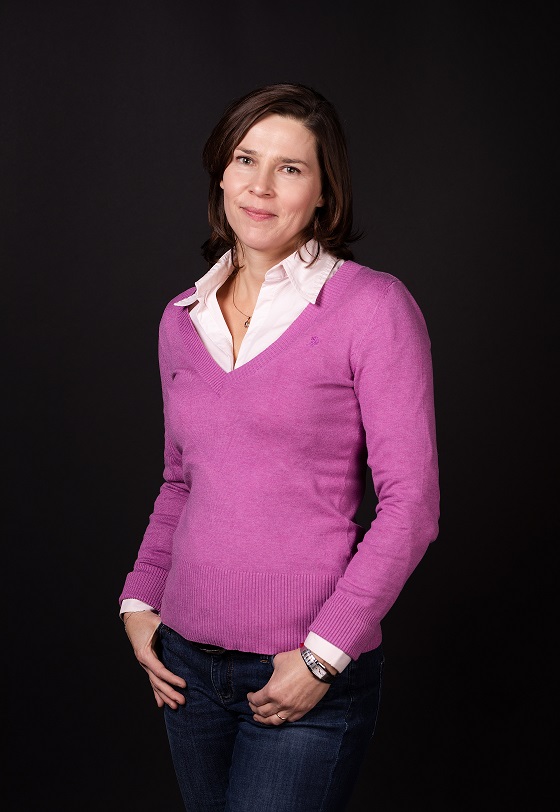
Sylwia Dołzbłasz is an associated professor in the Institute of Geography and Regional Development; researcher and lecturer; graduated in socio-economic geography (University of Wrocław) and economics (University of Economics in Wrocław); her fields of expertise are regional and local development, socioeconomic and political geography, border studies, social network analysis; She has participated in many research projects for national ministries and regional institutions as well as in European projects relating to problems of local and regional development, cooperation and competition on the borderland.
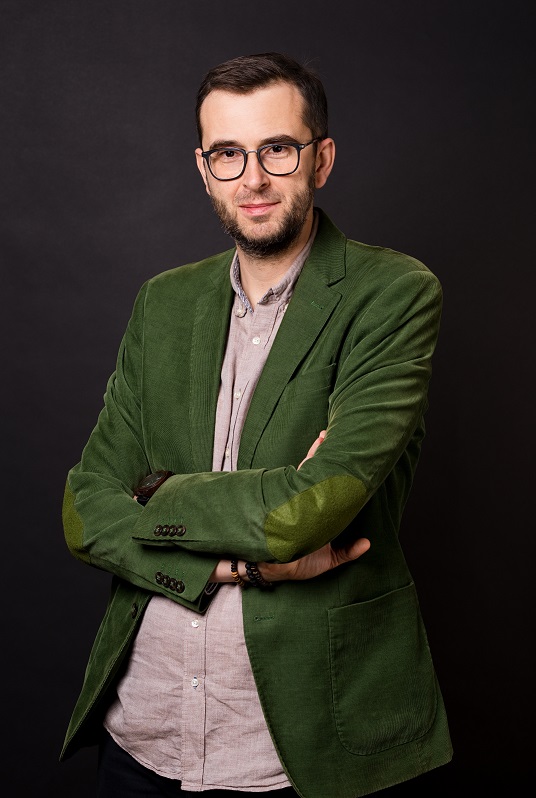
Krzysztof Janc is an associated professor in the Institute of Geography and Regional Development; graduated in socio-economic geography (University of Wrocław); his fields of expertise are rural areas development, local and regional development, internet studies and quantitative methods in social science; He has participated in many applied research projects for national and regional ministries and agencies as well as in European projects concerning rural areas development, knowledge transfer, spatial differentiation of educational potential and digital geography.
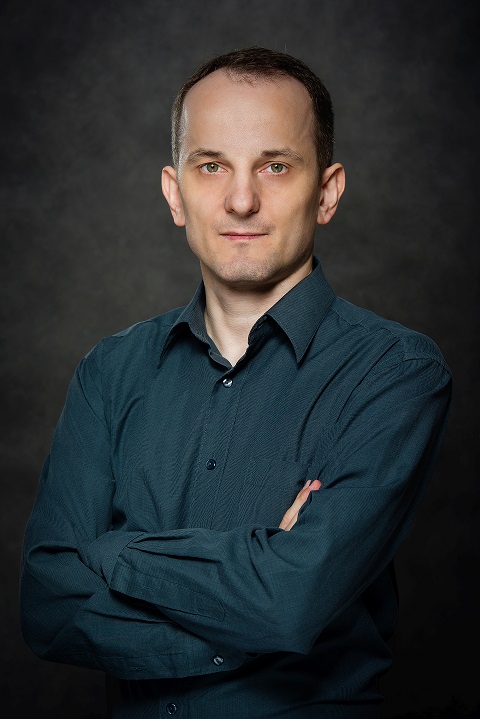
Andrzej Raczyk is an associated professor in the Institute of Geography and Regional Development. His research and teaching focus on the regional and local development, strategic planning, economic activity, cross-border cooperation, economic geography and quantitative methods in social science. He has participated in many applied research projects for national and regional ministries and agencies concerning intraregional economic differences, cooperation and competition on the borderland and problems of regional development.
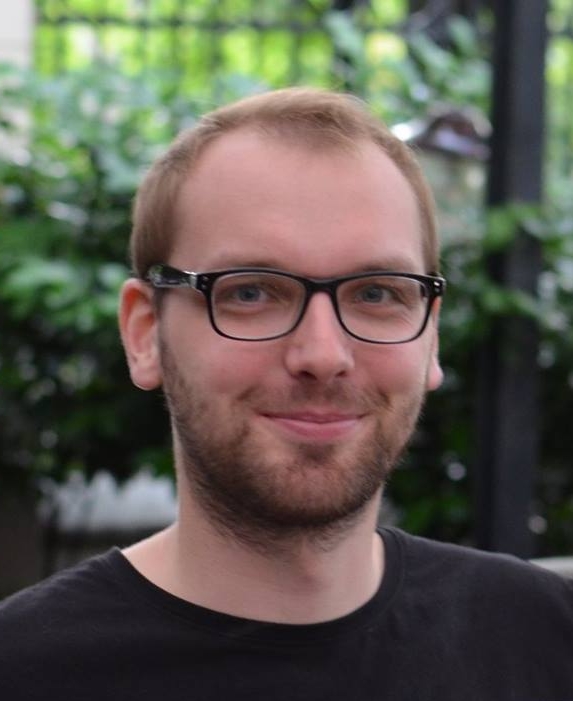
Robert Skrzypczyński is an assistant researcher in the Institute of Geography and Regional Development and a PhD student at the Wroclaw University of Science and Technology. In his PhD research, Mr. Skrzypczynski is focusing on the management of water, food and energy in ecologically-oriented intentional communities located in rural zones of Europe, thus trying to develop a model for sustainable management of basic resources in various types of settlement units. His research interests converge around degrowth, social metabolism, WEF Nexus and sustainability transitions – both in rural and urban areas.

